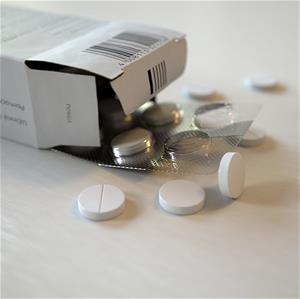Incidents and SF
Up to two billion people around the world lack access to necessary medicines, vaccines, medical devices including in vitro diagnostics, and other health products, which creates a vacuum that is too often filled by substandard and falsified products. This problem is growing as global supply chains become more complex, meaning products manufactured in one country may be packaged in a second country and distributed across borders to be marketed or sold to consumers in a third. The growth of e-commerce also contributes to this trend by making it easier to purchase medicines online, often from unauthorized sources.
WHO has identified this issue one of the urgent health challenges for the next decade given that more than one in ten medicines in low- and middle-income countries are estimated to be substandard or falsified. No country remains untouched from this issue, and WHO has received reports of substandard or falsified medical medicines, vaccines and in vitro diagnostics from all regions of the world. Both generic and innovator medicines can be falsified, ranging from very expensive products for cancer to very inexpensive products for treatment of pain.
Medical Product Alert
Publications
All →
Report of existing technologies used to screen and detect substandard and falsified medical products
Regulatory authorities are responsible for overseeing medical products and are tasked with the prevention, detection, and response to substandard and...

Traceability systems offer the technical possibility to trace medical products along the supply chain – from final stage manufacture to the ultimate...

Global surveillance and monitoring system for substandard and falsified medical products: activity report,...
Access to safe, effective medical products is paramount for global health. This report describes a critical role of WHO in ensuring the quality and safety...
Resources
Contact
Incidents and Substandard/Falsified Medical Products Team (ISF)
World Health Organization
Avenue Appia 20
1211 Geneva 27
Switzerland
Email: rapidalert@who.int

